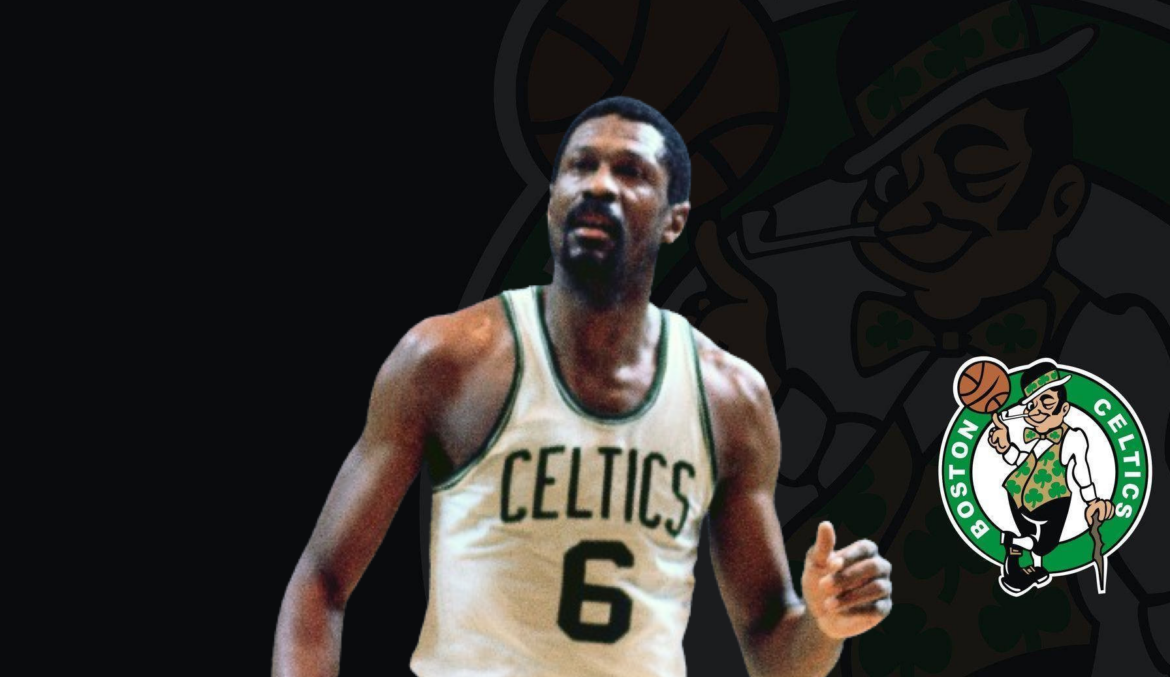In 1956, the world watched in awe as Bill Russell, the towering force of the U.S. Basketball squad, led his team to Olympic gold in Melbourne, Australia. Little did the basketball community know that this triumph down under would serve as the prelude to another historic moment—the signing of Bill Russell’s first contract with the Boston Celtics.
The 1956 Summer Olympics in Melbourne witnessed Bill Russell’s emergence as a basketball prodigy. As the anchor of the U.S. Basketball squad, Russell’s dominance on the court played a pivotal role in securing the gold medal. His shot-blocking prowess, rebounding tenacity, and leadership qualities were on full display, leaving an indelible mark on the international stage.
68 years ago today, upon his return to the United States, Bill Russell was not just a national hero but a highly sought-after prospect for NBA teams. The Boston Celtics, recognizing the transformative potential of Russell’s game, set their sights on the budding star. The stage was set for negotiations that would shape the course of NBA history.
In the aftermath of his Olympic triumph, Russell inked his first contract with the Boston Celtics. The significance of this moment extended beyond a mere player acquisition; it marked the beginning of a partnership that would redefine the NBA landscape. The Celtics, under the leadership of coach Red Auerbach, secured the cornerstone of a dynasty that would dominate the league in the years to come.
Bill Russell’s arrival in Boston heralded a new era of Celtics basketball. His defensive prowess, shot-blocking ability, and unmatched competitiveness elevated the team to unprecedented heights. The Celtics went on to secure 11 NBA championships during Russell’s tenure, a dynasty that remains unparalleled in professional basketball history.
While Bill Russell’s impact on the court is immortalized in championship banners and statistical records, his legacy extends far beyond basketball. Russell was a trailblazer, breaking barriers as the NBA’s first African American head coach and continuing to influence the game as a civil rights advocate. His legacy is not just one of basketball greatness but of resilience, leadership, and a commitment to social justice.


